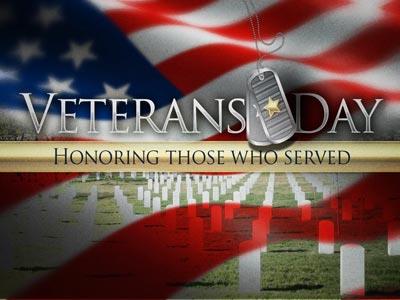-
A Just War, Or Just A War? Series
Contributed by Ken Mckinley on Nov 28, 2017 (message contributor)
Summary: Sermon 24 of our series on the Baptist Faith and Message
Peace and War (BFM #24)
A Just War; or Just A War?
Text: James 4:1
By: Ken McKinley
(Read Text)
Now today’s sermon should be required listening for any person running for the office of President of the United States of America. Now if you’ve been with us here at church or following along at home on your TV you know why… (Just kidding we’re not on TV… yet!). But like I was saying, you know that we are on article 16 of the BFM – Peace and War! So if you will take your BFM and turn with me to article 16 I’ll read to you our doctrinal position on these issues of peace and war (Read article 16).
How many of you have ever heard the phrase, “Kill em’ all and let God sort em’ out?” You might have seen it on a novelty t-shirt, and many people think its some kind of Special Forces motto or something. Now in my time in the Army we were never taught to “Kill em’ all and let God sort them out.” In-fact the U.S. Military tries very hard to limit civilian casualties in warfare. And for the record, the motto of the Special Forces is De Oppresso Liber, which is Latin and it means “To Liberate the Oppressed.” So where does this idea of “Kill em’ all and let God sort em’ out,” come from? Well that phrase, is actually attributed to Dominic Gusman. He was the founder of the Dominican order of priests in the Catholic Church. And what happened was that he had an armed troop of “heretic hunters” and it was their job to stomp out whatever the Catholic Church deemed heresy. It just so happened that Dominic and his men came across a village that they heard contained a large number of heretics, and Guzman gave the orders to kill everyone in the town. When his military commander told him there were probably quite a few Christians mixed up with the heretics, Guzman said, “Kill them all and God will know His own.” And that’s where we get the modern variation of that phrase.
Now theologically speaking, Guzman’s phrase is correct; the Lord knows who belongs to Him. But what do you think about the idea behind it? What if we brought it into the modern context. Let’s say a group of U.S. Marines, or better yet, the 3rd Rangers came across a village in Afghanistan and they were told that in the village were a lot of Al-Qaeda supporters and even a few operatives. Would those soldiers be justified in killing everyone in the village?
What about war? A lot of people protested when we went to war in Iraq and Afghanistan (for some reason they are silent now that we have a different president). But was the United States justified in going to war in Iraq and Afghanistan? What about the first Gulf War, or Vietnam, or Korea? What about WWII and WWI? Are all wars the same?
If our faith is important to us and if we really believe that the Bible should be applied to every area of our lives, then we have to deal with issue of war.
The New Testament Church has been around for some 2000 years, and during that time, Christians have justified, rationalized, condemned and restrained from war. And the Bible teaches that wars are only going to increase until Jesus returns.
So before we can actually think theologically about the Christians “conduct” in war, we need to think theologically about the “cause” of war. The simple answer for us is that wars are caused by sin. We are fallen and every aspect of human life is marred by sin and iniquity. And so war is ultimately a reflection of and consequence of sin. There was a song done by the Christian group “The Call” back; I think, in the early 1980’s, during the height of the Cold War. And that song had a line it that went, “I don’t think there are any Russians, and their ain’t no Yanks… Just corporate criminals, playing with tanks.” And the reason I say that is because the line that separates good and evil, isn’t national or political boundaries. It isn’t drawn on a map, it’s drawn on the human heart. The heart of the human problem is the problem with the human heart.
And so wars, even though they are fought on battlefields but they are waged first in the heart, soul, and spirit of man. That’s what our text in James chapter 4 is telling us. But here’s the problem. Even though wars are started because of man’s greed, or ambition, or lust for power, or other evil desires, they aren’t always waged against the same kind of people. I mean; Poland was minding their own business when Adolph Hitler and the Nazi’s attacked them. So as Christians, what should our response be to war? Knowing that wars are started because of evil desires, but they are sometimes waged against those who did not want war.

 Sermon Central
Sermon Central



